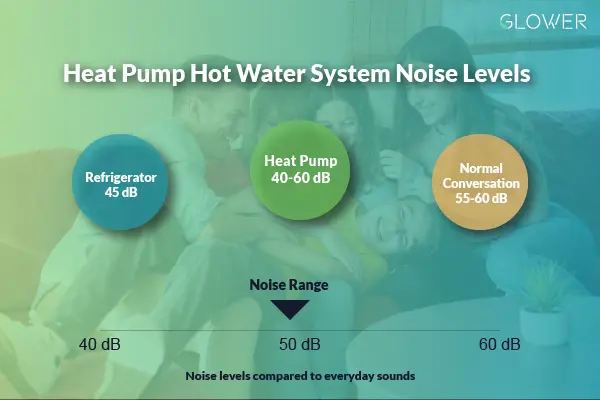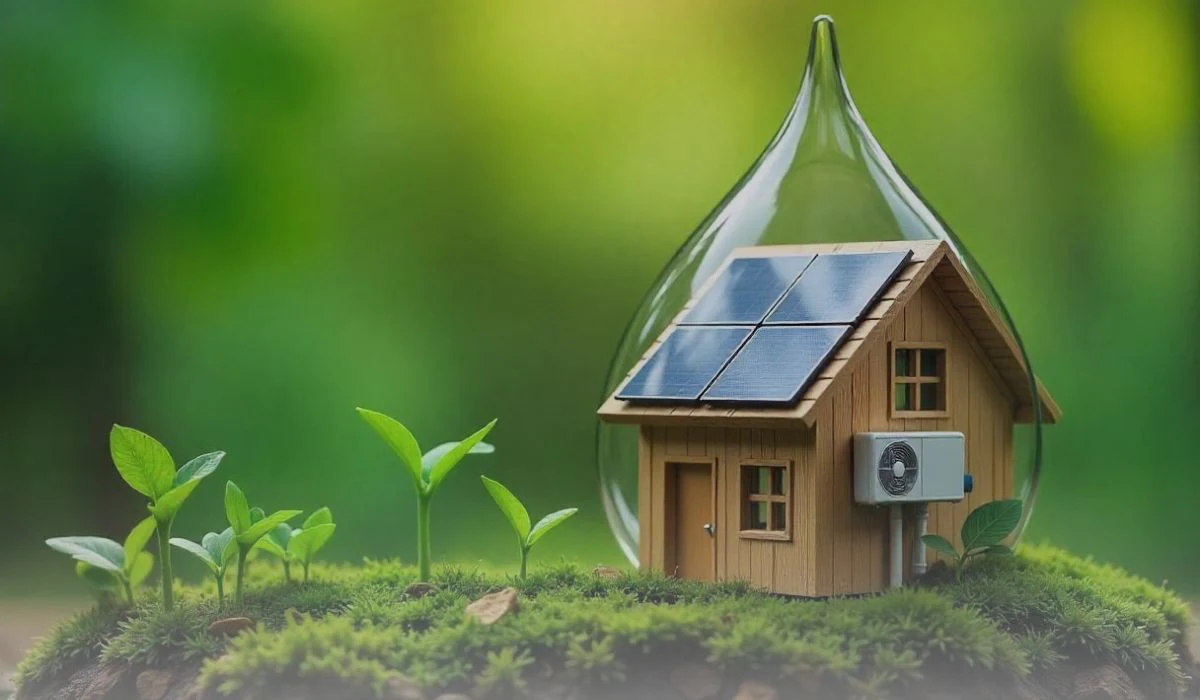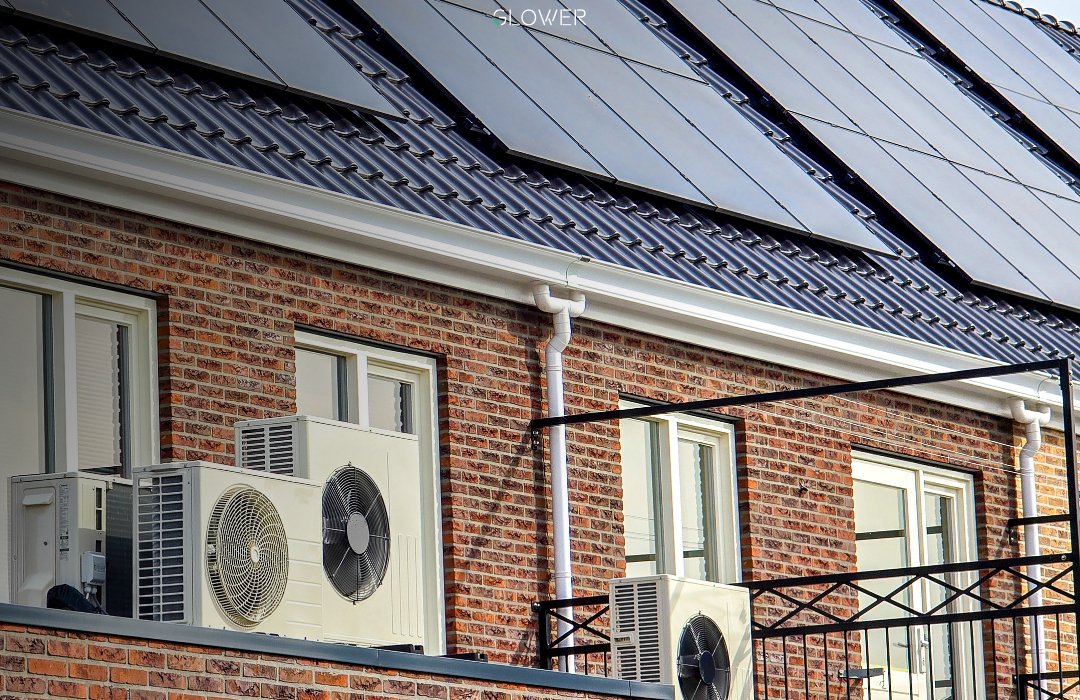Upgrading to a heat pump hot water system is a smart choice for Victorian homeowners seeking energy efficiency and sustainability.
But here’s the thing, Are heat pump systems noisy? While these systems do emit some sound, understanding their noise levels and how to manage them can help you make an informed decision.
How Noisy Are Heat Pumps Compared to Other Systems?
Heat pumps operate by using fans and compressors to extract heat from the air, which inevitably generates some noise. On average, they produce sound levels between 40 and 60 decibels (dB)—similar to quiet background music or a refrigerator.
Compared to traditional gas water heaters, which are nearly silent, heat pumps are slightly louder.
However, the noise is typically considered manageable, especially when the unit is installed thoughtfully.
If you’re also considering energy-efficient cooling systems, learning “what is the best temperature to set my air conditioner to” during unpredictable summers can complement your home upgrades.
Factors That Affect Noise Levels
- Installation Location:
Positioning the unit in a garage, laundry, or an outdoor area away from living spaces can reduce perceived noise. A poorly placed unit near bedrooms or shared walls may be more noticeable. - Seasonal Performance:
In winter, heat pumps work harder to extract warmth from the colder air, which can make them slightly louder. Understanding their performance across seasons can help you plan their placement. - Design and Maintenance:
Modern heat pumps are designed for quieter operation, but regular servicing ensures they continue running smoothly. A well-maintained system not only operates more quietly but also saves energy.
Minimizing Noise Without Compromising Efficiency
While noise concerns are valid, there are simple ways to mitigate them:
- Choose the Right Model: Look for heat pumps with lower decibel ratings if noise is a priority.
- Soundproofing Solutions: Noise-absorbing bases or acoustic barriers can significantly dampen operational sounds.
- Professional Installation: Work with qualified technicians to ensure proper placement and alignment, reducing vibrations and unnecessary noise.
Considering a new hot water system? Explore hot water system prices in 2024 to find an energy-efficient upgrade that fits your budget and needs.

The Bigger Picture: Efficiency and Savings
Although heat pumps may produce more noise than gas systems, the trade-off is their superior efficiency and lower environmental impact. With programs like the Victorian Energy Upgrade Program, switching to energy-efficient systems has never been easier. These incentives make upgrading your home not only practical but also affordable.
Final Thoughts
Heat pump hot water systems are a forward-thinking solution for Victorian households. While they produce some noise, proper installation, thoughtful placement, and routine maintenance can ensure they remain a quiet and efficient addition to your home.
By weighing their advantages—such as energy savings, rebates, and reduced carbon footprint—against minimal noise concerns, you can confidently upgrade your system and contribute to a more sustainable future.





